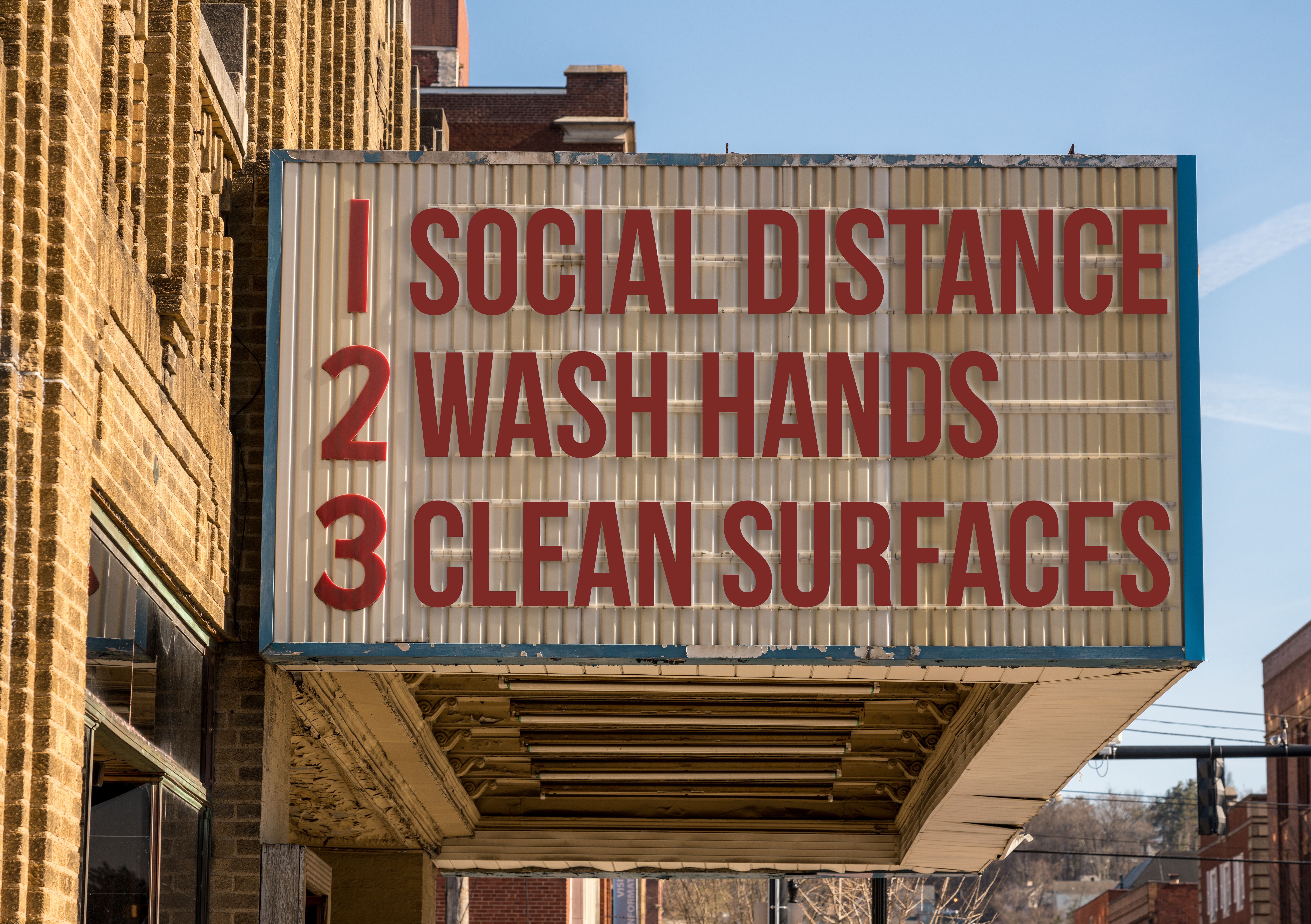Life as we know it has changed drastically in the past few days. In an effort to promote the social distancing that’s required to slow the spread of COVID-19, many state governments have incorporated curfews, closed schools and ordered non-essential businesses to shut their doors temporarily.
As streets empty and people hunker down at home, the American Veterinary Medical Association (AVMA) has been keeping its members updated with the latest news about this pandemic. On Sunday, the association sent an email to members detailing its work to help keep veterinary practices open, providing tips on how to best care for patients while maintaining a low personal risk, and how to conserve personal protective equipment. It also discusses new legislation in the works to help practices and their employees maintain financial stability.
“We are working with federal agencies, including the CDC and FDA; gathering expertise from veterinarians and others working in public health and disaster response; collaborating with state veterinary medical and species-specific organizations, the [American Association of Veterinary Medical Colleges], veterinary schools, and the [American Association of Veterinary State Boards]; and other colleagues across the healthcare system to develop the best possible guidance and keep you as updated as possible,” the letter explains.
Keeping your doors open
Although many businesses have closed temporarily, the AVMA is advocating for veterinary hospitals and ambulatory practices to be considered essential businesses and remain open during periods of mandated business closures because veterinary hospitals “provide important animal and public health surveillance, deliver essential medical care for ill animals, and ensure that only healthy animals enter the food supply.”
While the AVMA advises veterinary practices to postpone elective procedures for the time being to preserve medical supplies, the association continues to encourage veterinarians to provide medically necessary care to patients, “especially during this time when Americans are spending increased time at home with their pets and ensuring the integrity of our food supply is critical,” the letter says.
Conserving personal protective equipment
The FDA recommends that veterinary practices adopt strategies to help conserve personal protective equipment, including protective clothing, gowns, gloves, face shields, goggles, face masks and respirators or other equipment designed to help protect spread of infection or illness. Scott Weese, DVM, DVSc, DACVIM, chief of infection control at Ontario Veterinary College in Ontario, Canada, offers more guidance about this topic on his blog.
“Veterinary clinics should consider having personnel start saving masks they have used before the supply runs too low," he explains. "I would not re-use them until needed, but better to have a stockpile of used masks than no masks at all.”
Tips and Resources
The AVMA’s letter to its membership outlines tips for providing care to patients during this pandemic, as well as business resources for veterinary practices.
Caring for your patients
- Animals that are sick or injured should receive veterinary attention.
- Consider rescheduling or limiting services such as wellness exams, dental services and elective procedures.
- If you're in an area with active COVID-19 cases, consider limiting in-person exams to acutely ill animals and/or emergencies.
- Telemedicine can be an important tool to protect and monitor patients while preventing spread of COVID-19.
Caring for your business
- The coronavirus response business toolkit provides sharable graphics intended for social media, websites and other channels.
- Disaster assistance from the Small Business Association offers information about loans available to businesses affected by the pandemic.
- The disaster help desk for small businesses from the U.S. Chamber of Commerce Foundation contains links to resources on business resilience and disaster recovery.
New legislation to help small businesses
Over the weekend, the U.S. House of Representatives passed legislation intended to help small businesses affected by this pandemic. The Families First Coronavirus Response Act (HR 6201) would provide:
- Up to 12 weeks of family and medical leave benefits related to COVID-19 paid at two-thirds of regular pay rates after the first 14 days, which are unpaid
- Up to 80 hours of additional paid sick leave for employees affected by COVID-19
- Tax credits for employers to mitigate the impacts of the expanded leave provisions
- Free testing for SARS-CoV-2 during the emergency
The bill is expected to pass the Senate this week, albeit with possible changes. President Trump has indicated that he plans to sign the bill as soon as it lands on his desk.
The AVMA says it promises to keep members informed as this situation evolves. “Your association is working diligently and adapting minute-by-minute. Our commitment is to provide substantive information and guidance to you, our members and the veterinary community as soon as it is available,” the letter concludes.
For the latest news and updates from AVMA, visit the COVID-19 webpage.
